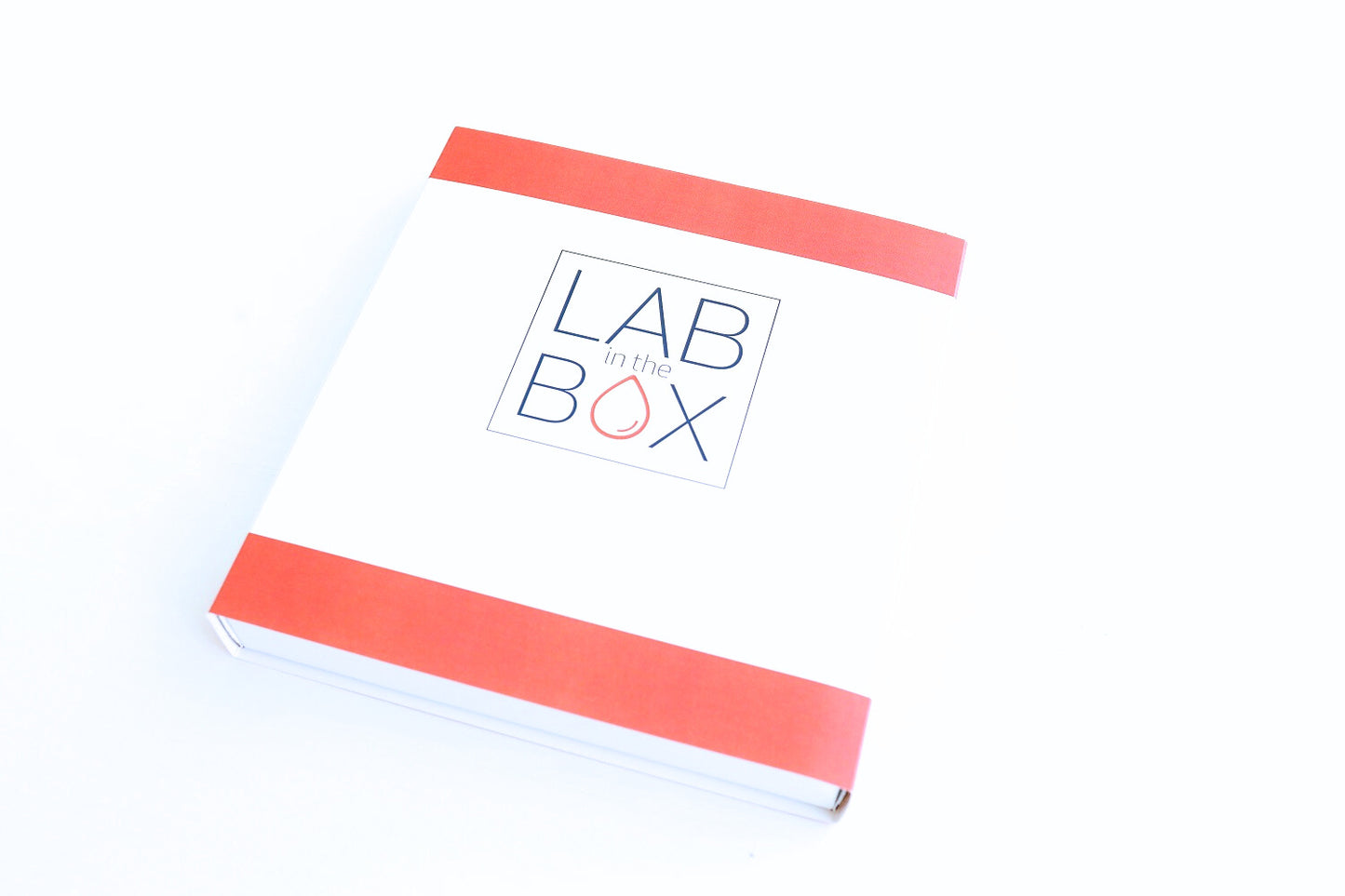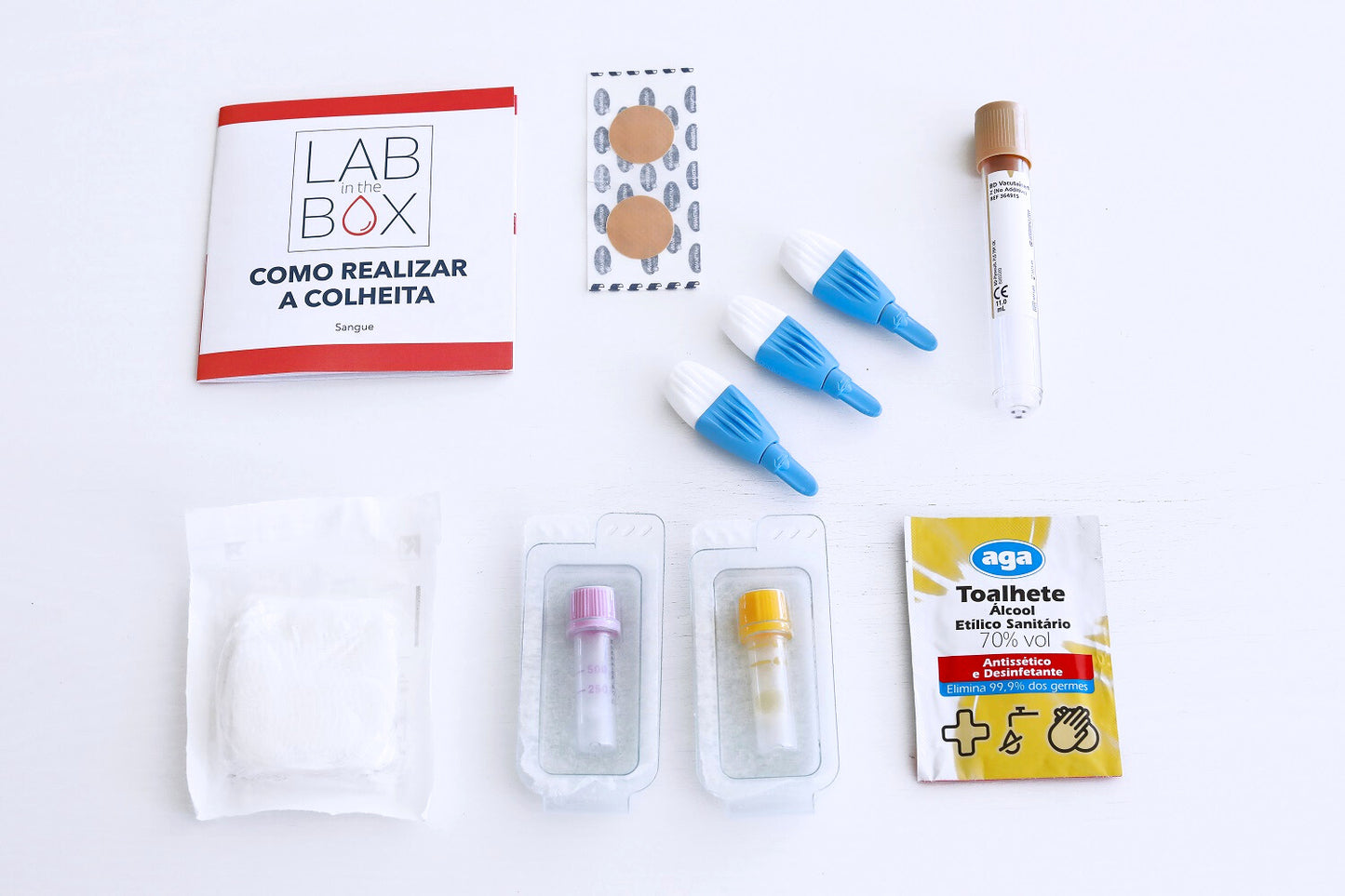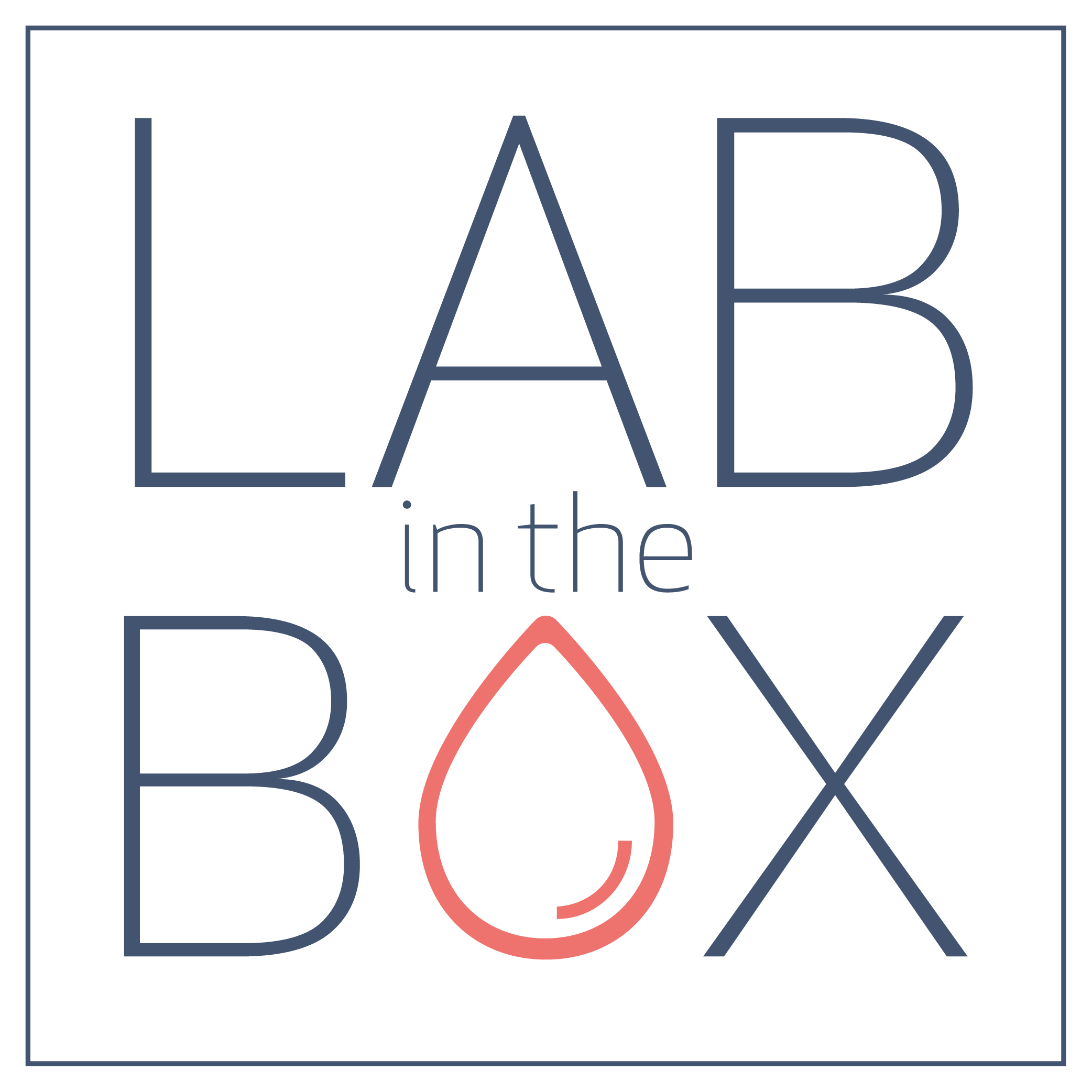Cholesterol Test
Cholesterol Test
Measure your cholesterol levels with an easy-to-use, at-home laboratory test. This test is ideal for monitoring your heart health.
Cholesterol is a substance found in the blood and plays an important role in the cells of our body. High levels can represent an increased risk of having a heart attack, stroke and related cardiovascular diseases.
Unable to load pickup availability
This test kit allows:
This test kit allows:
🩸 A finger prick
🏠 Easy and quick blood collection at home
🧪 Reliable Laboratory Results
🕐 Results by email in 24h - 48h
Tested parameters
Tested parameters
Triglycerides, Total Cholesterol, HDL, LDL.
What is included in the test:
What is included in the test:
☑️ The kit includes all the material necessary for sample collection and shipping;
☑️ Cost of sending the kit back to the laboratory;
☑️ Detailed instructions and training videos;
☑️ Digital results;
☑️ Specialized support if necessary.
When to test
When to test
- You must be fasting to perform this test.
- Collection must be carried out before 11:30 am on a Monday, Tuesday, Wednesday or Thursday and returned the same day by post to a delivery point or by scheduling a collection before 12 pm.
Amount of blood to be collected:
Amount of blood to be collected:
You must use the yellow-capped collection tube and collect a minimum amount of blood of 400 μL.
Fast:
Fast:
You must be fasting to perform this test.


Who should take the test?
- If you want to control your diet and lifestyle;
- Anyone who has a family history of high cholesterol;
- Want to know the impact of your cholesterol levels on your risk of cardiovascular disease;
- Anyone who has a history of diabetes;
- Active smoker;
- In case of taking cholesterol medication;
- In case you just want to check your cholesterol levels;
Tested Parameters
Triglycerides
They are a type of lipid found in the blood and are part of total cholesterol levels. When we consume more calories than we burn, the excess is converted into triglycerides and stored in our body as fat.
Cholesterol
It helps our bodies produce hormones, vitamin D and bile (important for digesting food). If levels are too high, there may be an increased risk of heart disease.
LDL
Commonly referred to as bad cholesterol, LDL is essential for our health. At high levels, LDL can cause fatty deposits to build up inside the walls of the arteries, which can lead to atherosclerosis and cardiovascular disease.
HDL
HDL cholesterol is a high-density lipoprotein that is produced in the liver and is part of total cholesterol. HDL helps remove LDL (bad cholesterol) from the bloodstream and send it back to the liver.
Reference values*
Total cholesterol: below 200
LDL : below 100
Triglycerides: below 150
HDL : above 60






